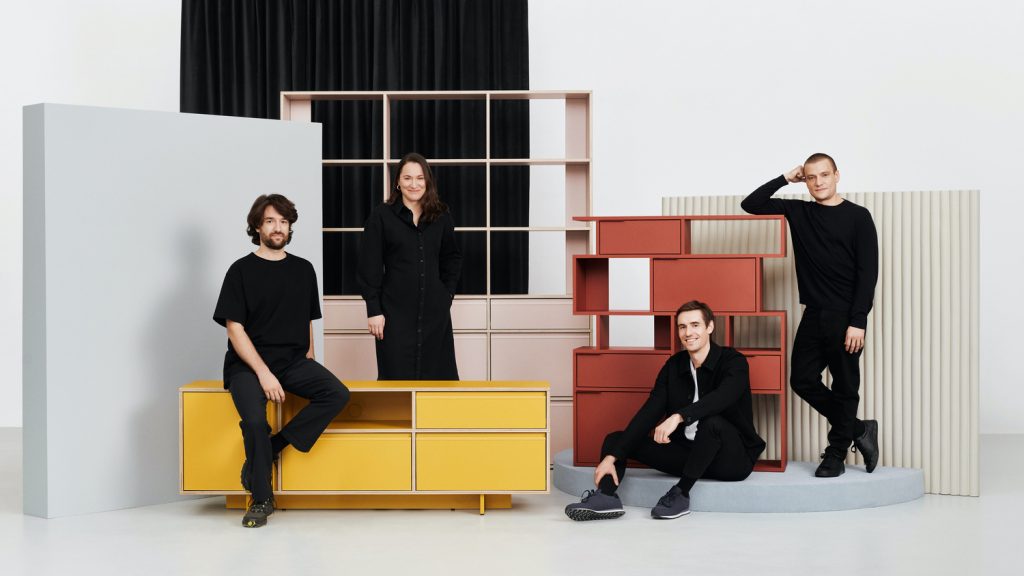
Tylko, a Warsaw, Poland-based digital-first furniture company, closed a €22m Series C round of funding.
The round was led by Pitango Ventures and Finnish Evli Growth Partners with participation from investors Brian Walker, former CEO of furniture giant Herman Miller, and Mark Williamson, COO of renowned US-based online classes platform MasterClass. As part of this investment, Rami Kalish from Pitango Ventures, Mikko Kuitunen from Evli Growth Partners and Brian Walker will join Tylko’s Supervisory Board.
The company, which has raised €33m since its inception in 2015, intends to use the funds to more than double its 140-strong team of parametric designers, developers, researchers, production specialists and marketing experts, further expand into markets beyond Europe as well as launch new product categories.
Co-founded by Jacek Majewski, Hanna Kokoczyńska, Benjamin Kuna, Mikołaj Molenda, Tylko is a furniture company that specialises in providing personalised shelves that customers can adapt down to the last detail. Since its creation in 2015, Tylko has served almost 60,000 customers.
Individually designed by the customer from home, based on the principles of parametric design, each item is an individual solution. From each order Tylko’s proprietary software automates the manufacturing process for its production partners via a directly scalable process.
Currently, the company’s portfolio consists of the original Type01 in Plywood and Veneer and its successor the Type02, two product families in which customers can configure anything from a bookcase to a shoe rack to a TV stand. In late 2020, Tylko introduced a new product category, with a new version of the configurator and extra features.
As part of the investment, Tylko will continue to invest in:
- Its supply chain, to develop and create new sustainable and durable materials suitable for the furniture industry.
- Improved delivery, packaging and logistics processes.
- An expanded network of collaborators (artists, designers, brands) to reach more people.
- Technologies that improve the customer experience (AR, Space Recognition, Parametric Design tools).
FinSMEs
24/03/2021
